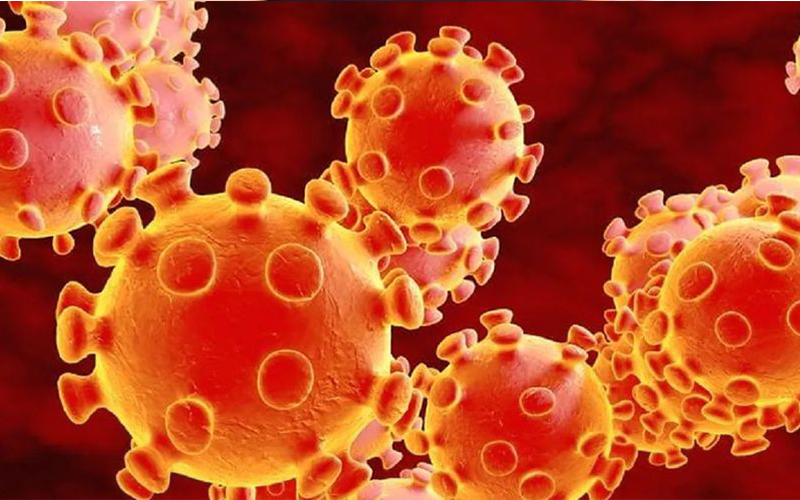Eosinophils are a type of white blood cell that plays a crucial role in the immune system. While their primary function is to defend the body against parasitic infections, an abnormal increase in eosinophil levels could indicate an underlying health issue, including certain types of cancer. In this article, we will delve into the significance of eosinophils and explore what levels may indicate a potential link to cancer.
The Basics of Eosinophils
Eosinophils are a specialized type of white blood cell produced in the bone marrow and released into the bloodstream. These cells are equipped with granules containing enzymes and proteins that are effective against parasites and other foreign substances. Under normal circumstances, eosinophils constitute a small percentage of the total white blood cell count.
Understanding the Complete Blood Count (CBC)
The complete blood count (CBC) is a common blood test that provides valuable information about the composition and health of blood. This test measures various components, including red blood cells, white blood cells, and platelets. Eosinophils are included in the white blood cell count, and an abnormal elevation may raise concerns about potential health issues.
Eosinophil Levels in Cancer
While an increased eosinophil count is not exclusive to cancer, it can be one of the indicators. Different types of cancer may cause varying reactions in the body, including changes in blood cell counts. It’s essential to note that elevated eosinophil levels alone are not a definitive diagnosis of cancer but may warrant further investigation.
What Level of Eosinophils Indicates Cancer?
Determining the precise level of eosinophils that indicates cancer is challenging, as it varies depending on the individual and the type of cancer involved. In some cases, a slight increase may be observed, while other cancers may cause a more significant elevation. Generally, a persistent and unexplained rise in eosinophil levels should be thoroughly evaluated by healthcare professionals.
Types of Cancers Associated with Elevated Eosinophils
-
Hematologic Cancers
- Hematologic cancers, such as leukemia and lymphoma, may lead to abnormal blood cell counts, including elevated eosinophils. In these cases, the cancerous cells infiltrate the bone marrow, affecting the production and release of various blood cells.
-
Solid Tumors
- Solid tumors, including lung, gastrointestinal, and breast cancers, can trigger immune system responses that result in increased eosinophil levels. This can be attributed to the body’s attempt to combat the cancerous cells.
Diagnostic Process for Elevated Eosinophils
-
Medical History and Physical Examination
- Healthcare providers begin by taking a detailed medical history and conducting a physical examination to assess the patient’s overall health.
-
Blood Tests, Including CBC
- A blood test, particularly a CBC, is a primary diagnostic tool to identify abnormal eosinophil levels. Additional tests may be ordered to determine the underlying cause.
-
Imaging Studies
- Imaging studies, such as CT scans and X-rays, may be conducted to detect the presence of tumors or abnormalities in the body.
-
Bone Marrow Biopsy
- In cases where hematologic cancers are suspected, a bone marrow biopsy may be recommended to examine the marrow for cancerous cells.
Treatment and Management
If cancer is confirmed, the treatment approach will depend on the type and stage of the cancer. Treatment modalities may include surgery, chemotherapy, radiation therapy, immunotherapy, or a combination of these. Managing eosinophil levels may be part of the overall treatment plan, but it is essential to address the underlying cancer.
Conclusion
In conclusion, while elevated eosinophil levels can be an indication of an underlying health issue, including cancer, it is crucial not to jump to conclusions based solely on a blood test result. Proper diagnosis and evaluation by healthcare professionals are essential for determining the cause of elevated eosinophil levels and developing an appropriate treatment plan.
If you notice persistent symptoms or receive abnormal blood test results, it is advisable to consult with a healthcare provider promptly. Early detection and intervention significantly improve the chances of successful cancer treatment. Remember that a comprehensive approach, including medical history, physical examination, and diagnostic tests, is necessary for an accurate diagnosis and effective management of health conditions.













